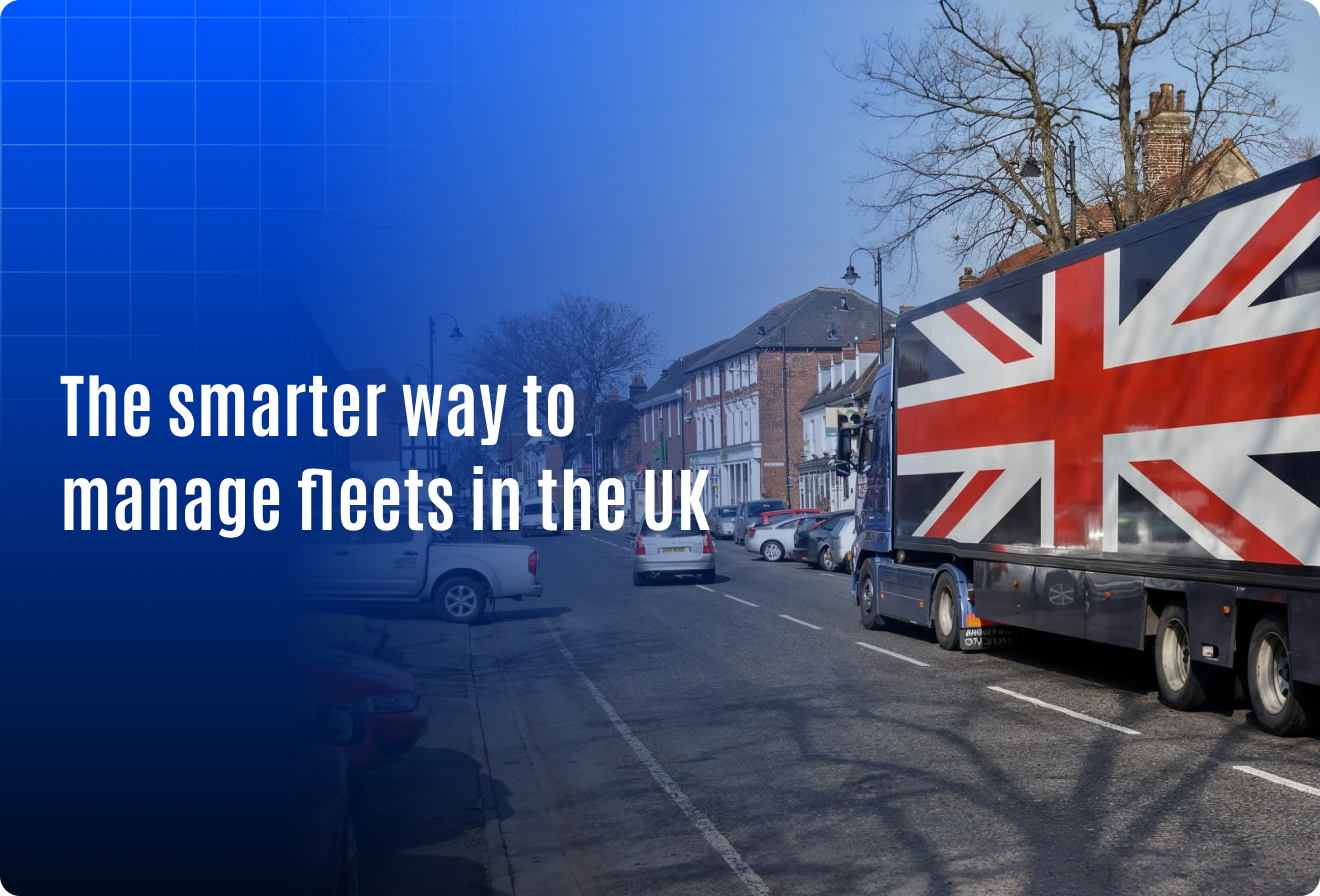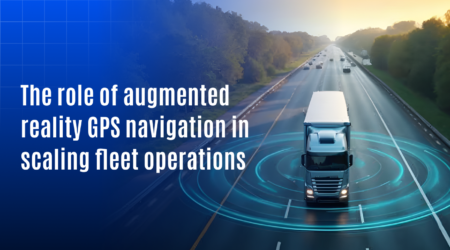Smarter Software Is Reshaping Fleet Management in the UK

Fleet management in the UK is no longer just about tracking vehicles. It’s about meeting emission standards, reducing operational costs, and delivering on customer expectations all at once.
With the expansion of ULEZ (Ultra Low Emission Zones) and Clean Air Zones across major cities, non-compliant vehicles are now facing daily fines of up to £100 per day. Meanwhile, fuel prices and insurance costs continue to rise, squeezing profit margins for fleet operators. Add to that the pressure to meet Net Zero targets by 2050, and it’s clear: the industry is undergoing a massive shift.
According to the Department for Transport,Great Britain’s commercial fleet includes over 500,000 HGVs and LGVs, a number that continues to grow. Yet many operators still rely on manual systems that can’t keep pace with today’s demands.
That’s where smart fleet management software comes in. It helps businesses automate tasks, monitor fleet and driver performance, ensure compliance, and make real-time decisions from one platform.
In this blog, we’ll explore the key challenges UK fleet operators face in 2025 and show how intelligent software is helping businesses stay compliant, efficient, and competitive.
Understanding the new pressure on UK fleet operators
Running a fleet today means navigating a complex web of compliance, speed, cost-efficiency, and environmental responsibility.
The stakes are higher than ever, especially in cities like London enforcing stringent air quality rules. For example, ULEZ in London and CAZ in cities like Birmingham and Glasgow charge daily fees for non-compliant vehicles.
Beyond regulation, customers have become more demanding. They want accurate delivery windows, real-time updates, and consistent service. Failing to meet those expectations leads to lost contracts especially in B2B supply chains.
Meanwhile, internal challenges haven’t gone away. Fleet managers still deal with driver turnover, fuel cost spikes, breakdowns, and miscommunication between depots.
Without a smart system in place, it’s easy to lose visibility and fall behind.
To stay competitive, UK fleet operators must ensure real-time visibility, regulatory compliance, and agility without overburdening their teams.
What’s holding UK fleets back
Even with the best intentions, many fleet operations fall short due to outdated systems and fragmented data. Here’s a deeper look at the common blockers:
- No automated alerts for compliance: ULEZ fines often go unnoticed until it’s too late. Without live alerts or compliance tagging, vehicles enter restricted zones unknowingly.
- Driver activity goes unmonitored: Managers aren’t always aware of night-time usage, extended idling, or harsh acceleration that impacts fuel use and safety.
- No integrated reporting: When emissions, mileage, and fuel data are scattered across systems, auditing and improvement become nearly impossible.
- Depot-level blind spots: Without tools to manage base locations, some vehicles are overbooked while others sit idle. This results in avoidable costs and delivery delays.
- Slow response to on-ground issues: If it takes minutes or worse, hours to see a vehicle’s live location, you’ve already lost time when things go wrong.
These gaps don’t just slow down teams. They cost money, damage reputation, and open the door to regulatory risks.
How smarter software solves these fleet management issues
Modern fleet management software is built for real-world challenges. It’s not just about maps and dots it’s about complete operational control.
Here’s what smarter tools can do:
- Real-Time ULEZ & CAZ Alerts: Automatically flag non-compliant vehicles and prevent them from entering restricted zones.
- Driver Behaviour Monitoring: Get instant reports on harsh braking, overspeeding, idling, and off-route travel.
- Depot-Level Management: Assign vehicles to specific base locations, track usage by depot, and balance resources better.
- Automated CO₂ Reporting: Generate emissions data in one click accurate, auditable, and ready for clients or regulators.
- Live Dashboards: See where every vehicle is, what each driver is doing, and what’s delayed all from one screen.
The business impact of software-led fleet management operations
Smart fleet management isn’t just about control it delivers measurable business results.
Here’s how software improves your bottom line:
- Reduce Operational Costs: Cut down fuel waste, minimise penalties, and lower maintenance bills.
- Improve Delivery Reliability: Better route control and ETA tracking keeps customers informed and satisfied.
- Enhance Driver Performance: Use behaviour scorecards to reward good drivers and coach those who need improvement.
- Scale Across Locations: Whether you add more vehicles or depots, software adapts quickly without added overhead.
- Win More Business: Transparency in reporting builds trust with clients, especially in competitive B2B contracts.
Technology is no longer a nice-to-have, it’s your growth enabler.
Final thoughts
Fleet managers across the UK are under more pressure than ever. The solution isn’t more manpower, it’s smarter systems.
From reducing vehicle misuse to meeting emission targets and improving multi-depot visibility, smart fleet software is solving the problems that hold businesses back. You don’t have to overhaul your fleet overnight. You just need the right tools to see more, control more, and do more with less effort.




